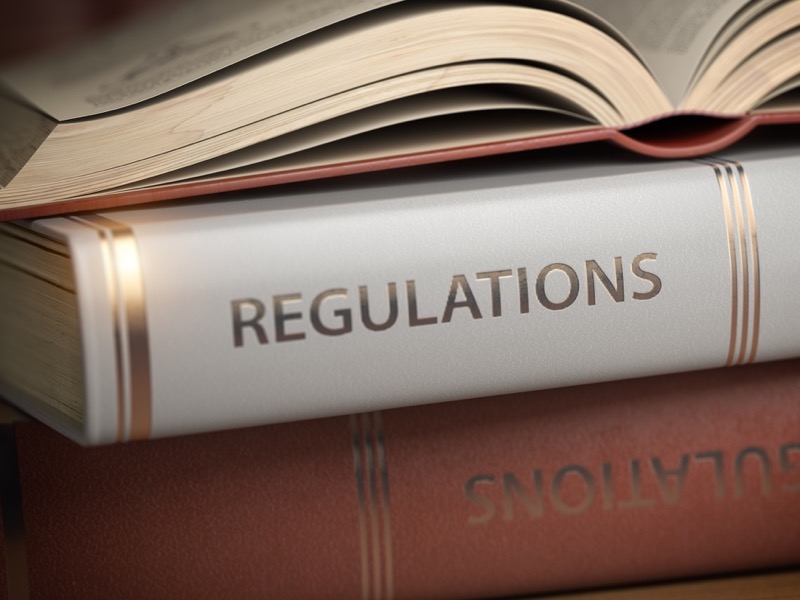
In a effort to better focus on meaningful conflicts of interest, the U.S. Securities and Exchange Commission (SEC) is relaxing its auditor independence rules.
The SEC has adopted final amendments to its auditor independence requirements that aim to distinguish between the kinds of conflicts that represent a genuine concern about auditor objectivity and relationships that result in technical violations of the existing rules.
These technical breaches represent a compliance burden that has diverted resources from other investor protection priorities, the SEC said.
The amendments are designed to focus the independence rules on “relationships and services that are more likely to jeopardize the objectivity and impartiality of auditors.”
However, the changes were criticized by a pair of SEC commissioners who complained that the new rules will provide auditors with greater discretion in assessing their own independence and reduce the transparency of their decisions.
“While it makes sense for us to assess how our rules are functioning from time to time and to recalibrate them as needed, we are concerned that the dial for auditor independence is turning in only one direction, and that is towards loosening standards and reducing transparency,” said commissioners Allison Herren Lee and Caroline Crenshaw in a joint statement.
“We cannot support introducing greater opportunity for error and uncertainty into auditor independence standards while decreasing visibility into how auditors are actually making these judgments,” they said.
The SEC said that the changes, which will take effect 180 days after being published in the Federal Register, are “informed by decades of staff experience applying the auditor independence framework.”
“Today’s amendments reflect the commission’s long-recognized view that an audit by an objective, impartial, and skilled professional contributes to both investor protection and investor confidence,” said SEC chairman Jay Clayton.
“These modernized auditor independence requirements will increase investor protection by focusing audit clients, audit committees, and auditors on areas that may threaten an auditor’s objectivity and impartiality. They also will improve competition and audit quality by increasing the number of qualified audit firms from which an issuer can choose,” Clayton added.